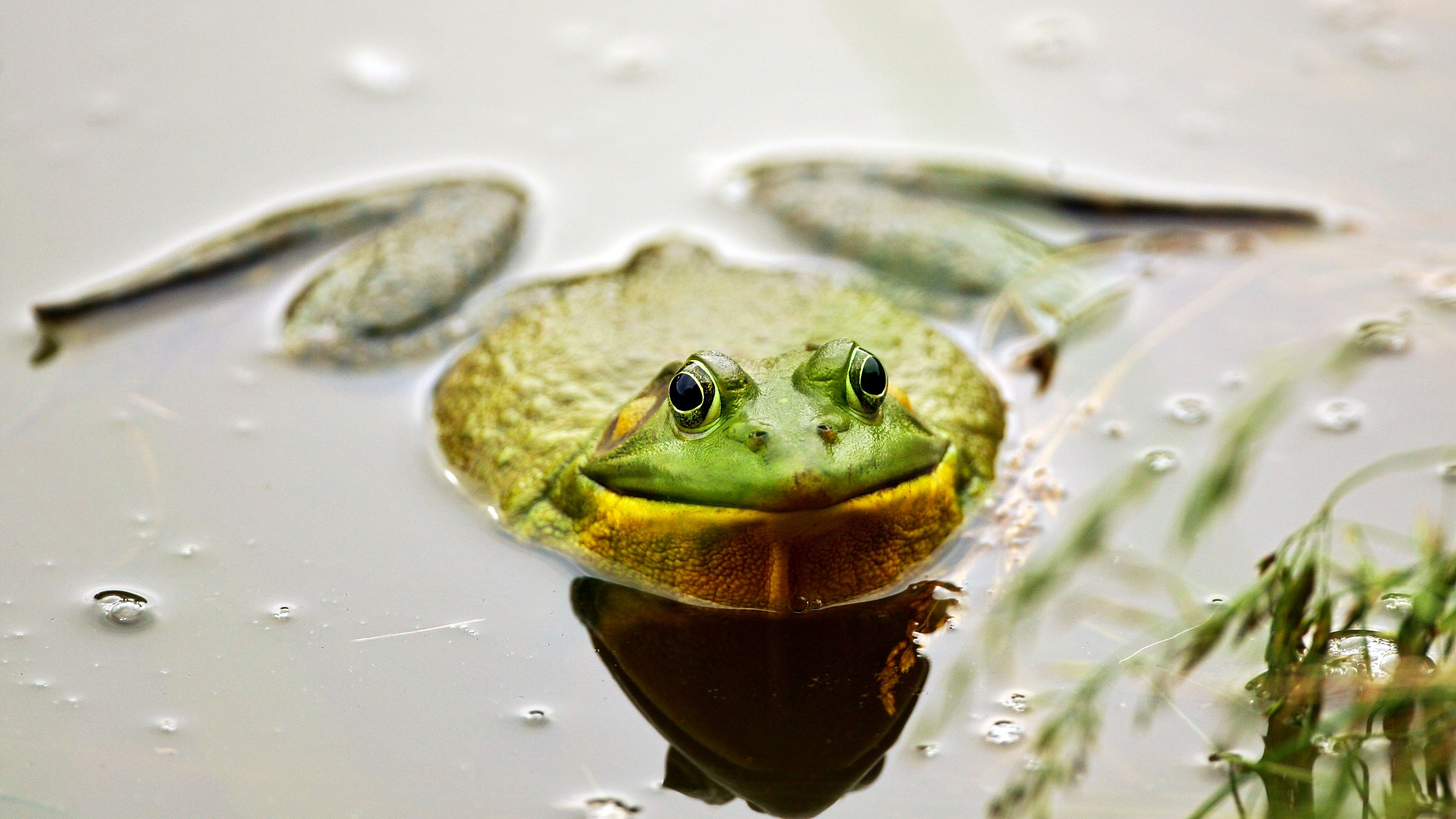Rhode Island Supermarket Told To Stop Selling Live Frogs And Turtles
Which animals we eat and which we don't is a matter of cultural norms—excepting the ones that are poisonous maybe, but even then, some cultures still consumer parts of them. Notably, Americans completely balk at the idea of eating cats and dogs, but it's a not uncommon practice in other cultures. So too with eating turtles and frogs, which is why a Providence, Rhode Island market was selling them out of tanks the way another grocer might sell lobster or crabs. That changed this week when the Rhode Island Department Of Health put an end to the frog and turtle sales, NBC 10 reports, after animal activists alerted them to the practice.
Good Fortune Supermarket was ordered to stop selling the live reptiles and amphibians, with the 45 or so that were in tanks there transferred to an unnamed pet shop. "We put up signage for the public, and gave the owners an order to cease the sale of the live animals," Department Of Health spokesman Joseph Wendelken told NBC 10 News.
The department says it's against regulations to keep live animals in a food establishment, with exceptions for lobsters, shellfish, and service animals. But what makes a lobster or crab or clam different from frogs and turtles besides our culture's gastronomic attitudes? I'm not advocating for eating turtle by any means, but it's worth thinking through the morality behind "sure, eating lobster is a delicacy" and "wow, eating turtle is so not okay." I mean, frog legs are thing, even in the American South. And with growing scientific evidence that fish feel pain, maybe now's the time to ponder where and why we draw the line when it comes to eating certain animals.
